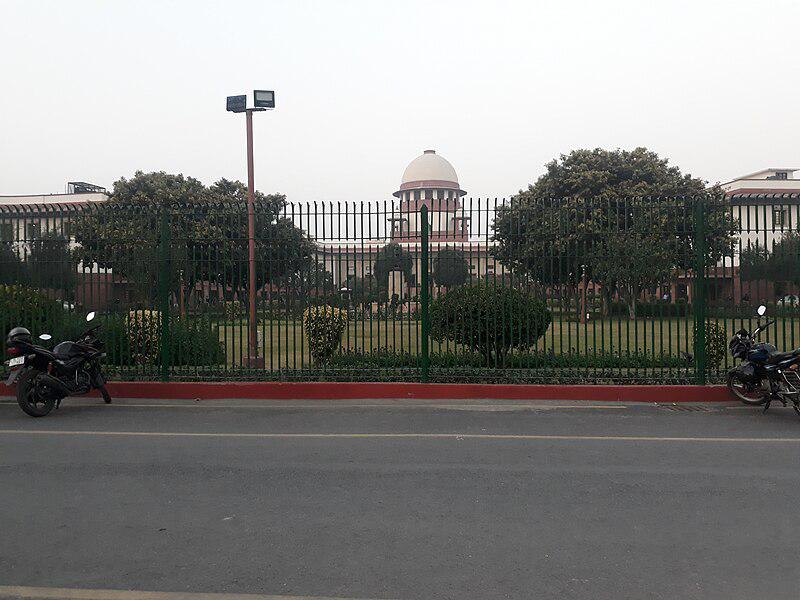Supreme Court refuses to Stay CAA, sets deadline for Govt response

The Supreme Court of India, on Tuesday, decided against halting the implementation of the controversial Citizenship Amendment Act (CAA), a move that has sparked widespread debate across the nation.
The court has ordered the government to respond to 237 petitions challenging the CAA by April 8, giving it three weeks to compile a comprehensive reply.
The decision came amid concerns that the law discriminates against Muslims, a claim the government has denied.
During the proceedings, senior advocates Kapil Sibal and Indira Jaising, representing the petitioners, highlighted the urgency of the matter. They emphasised the potentially irreversible impact of granting citizenship under the new rules.
Despite their efforts, the court, led by Chief Justice DY Chandrachud, did not grant the stay.
The petitioners, including political entities and opposition leaders, have labelled the CAA as discriminatory, especially towards the Muslim community.
Solicitor-General Tushar Mehta, speaking for the government, initially requested four weeks to address the petitions but agreed to the three-week timeline.
The opposition has criticized the timing of the CAA’s implementation, suggesting it aims to influence the upcoming Lok Sabha elections.
The law facilitates citizenship for non-Muslim migrants from various countries, fleeing religious persecution, which has led to accusations of it being designed to polarize the electorate. These countries include Bangladesh, Pakistan, and Afghanistan.
Home Minister Amit Shah defended the CAA, asserting it is constitutional and accusing the opposition of spreading falsehoods.
He also reassured minorities that the law would not infringe upon their rights, stating that the delay in its implementation was due to the COVID-19 pandemic, rather than political motives.
The next hearing is scheduled for April 9, when the court will further examine the petitions against the CAA.
This law has become a focal point of political and social discourse in India, reflecting the country’s ongoing struggle with religious and cultural identity.
Image Credit: Pinakpani, CC BY-SA 4.0, via Wikimedia Commons
Image Reference: https://commons.wikimedia.org/wiki/File:Supreme_Court_of_India_front_view_04.jpg









Leave a Reply